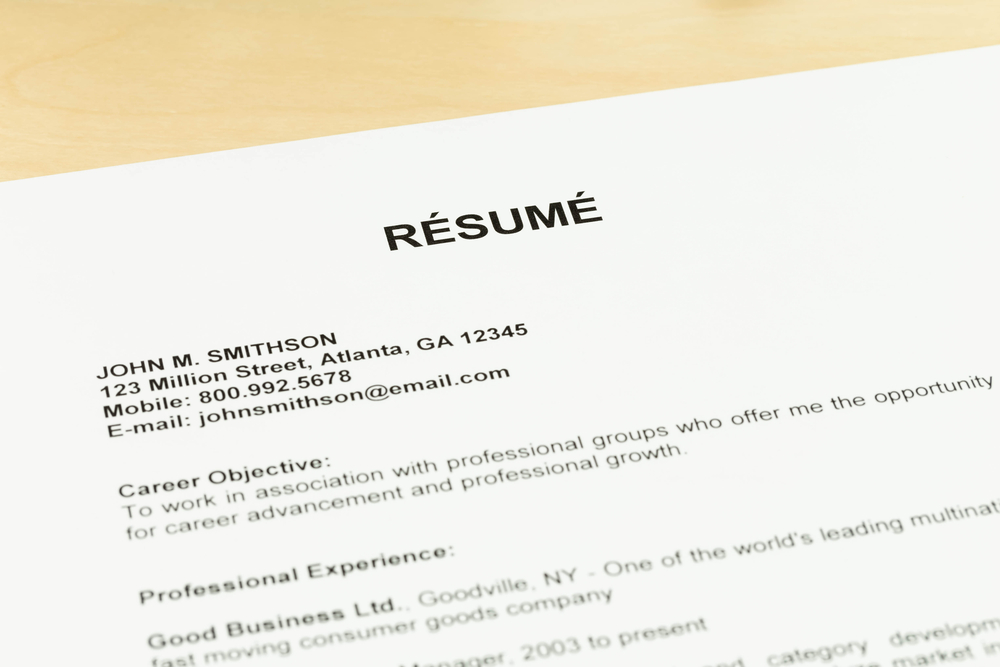Hiring insiders are saying more and more that they are seeing higher rates of poorly written resumes in recent years. To ensure your resume doesn’t fall into the throwaway pile make sure to follow these six key tips:
1. Format your resume in a clean way
Most resumes just get a skim upon first reading. But that first lookover won’t go well if you’ve put together a poorly formatted resume. You want something that is pleasing to the eye, and is ideally no more than two pages.
- Employ a basic format with wide margins, simple fonts and clean headers
- Use bold and italics sparingly and only to make things easier to read
- Bullet points should be used to highlight key items
2. Include accomplishments with your job descriptions
Interviewers are on the lookout for people that will help achieve things or solve problems at their companies. As such, it is imperative that you show on your resume how you have acted as a problem solver in past jobs.
- State what your jobs achievements were, not just the tasks your role required
- Have a line describing the job, then describe how you excelled
- For each task, consider how you brought something to the table
- Achievements should be specific to what you did, not the company as a whole
- Don’t be vague or generic, use details
3. Provide evidence
Don’t get caught up in generalizations or industry lingo when writing your resume. Don’t be vague here; use real world examples to back up your claims so employers realize you know your stuff.
- Use achievements that show off your skills as an individual
- Back up those achievements with details and proof, citing specifics to give employers confidence in you
- Ask yourself what would have happened if you had not done xyz…
4. Adjust your resume for that industry
Don’t send the same resume to every job you want to apply for. Employers want to see that you know something about their industry, so cater your resume appropriately each time.
- Keep a conservative style that would work for any job
- Include skills and objectives that are appropriate for the job you are applying to
5. Employ a “Carrer Summary”
Instead of a career objective line, consider using a career summary. A summary talks about what you’ve done in your career and your current goals, while a career objective often comes off a bit robotic and sounding like everyone else’s.
- Put the career summary at the top to catch an employer’s attention right away
- Take the time to craft something engaging and attention grabbing, showing off how you would be the ideal candidate
6. Don’t forget to network
A great resume only goes so far; you have to also get it into the right hands. This is where networking can really help you out. Oftentimes, employers bring in candidates for an interview off of a recommendation.
Networking examples:
- Your business contacts or people you’ve worked with before
- Sales reps and sellers you’ve done business with
- People who went to the same college as you
Put together a great resume and you’ll have a good tool in your hands to land the interview.





